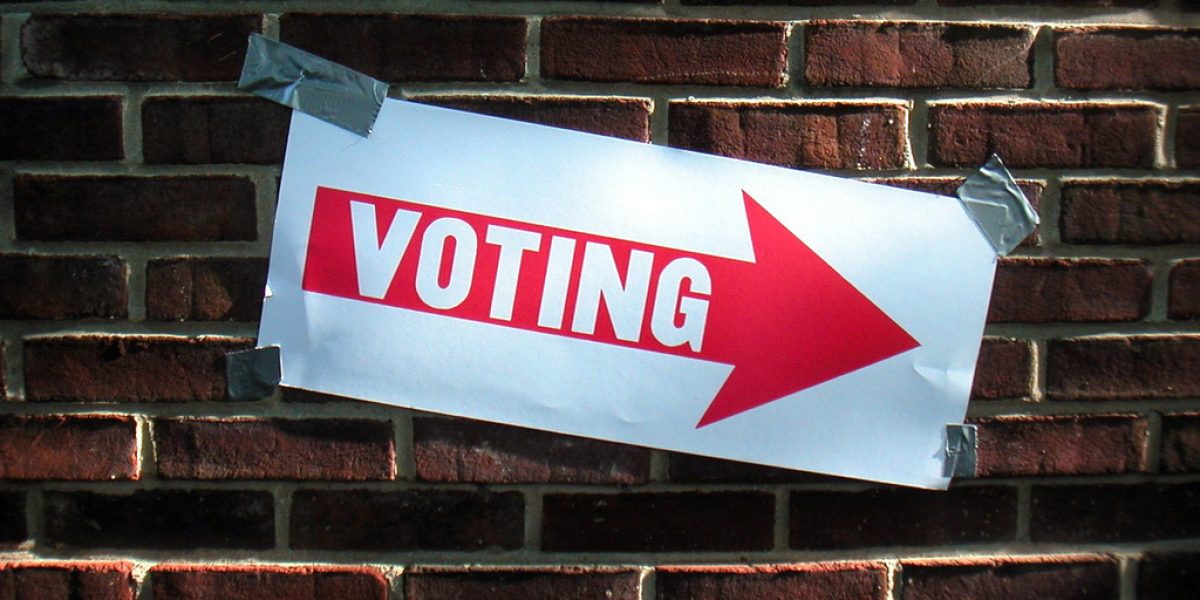American voters cast ballots on 2 November in an election that, four weeks before the poll, was a dead heat. Not since 1968 has foreign policy factored so prominently in the race for the White House. With the war in Iraq deepening, President George Bush and Senator John Kerry have sparred more over what to do in Baghdad than on any other issue.
What the election’s outcome might mean for Africa is less certain. In the first face-to-face debate between the incumbent and his challenger on 30 September, only one question dealt with issues directly relevant to this continent – the crisis in Darfur, Sudan – and little of substance distinguished the positions of the candidates. Both agreed there was genocide; neither would commit US troops to stop it.
Both candidates agree on the need for an extension of the African Growth and Opportunity Act and Kerry has pledged to double the US spend on HIV/Aids assistance to Africa.
Bush is a given. His policy towards Africa has been predicated on three pillars: security, stability and business. On paper his record in Africa is impressive for an American president. He met with 25 African heads of state in the first two years of his presidency, has whistle-stopped his way across the continent and, through the Millennium Challenge Account, tied new economic and political conditionalities to aid.
Whereas the administration has not dropped the word ‘development’ from its Africa lexicon, primary consideration has been given to supporting and strengthening African governments with whom it can do political, security and economic business. Libya notwithstanding, the US under Bush has had little appetite or economic or strategic incentive to intervene in the state affairs of African countries. This was publicly demonstrated when in 2003, Bush deferred to South African President Thabo Mbeki in dealing with Zimbabwe.
By contrast, Kerry has committed himself to repairing historic international alliances damaged by the Iraq war and to work patiently with and through the UN. This is potentially good for Africa, particularly as the momentum for UN Security Council reform gathers. A long-time member of the Senate Foreign Relations Committee, Kerry is more internationalist in outlook and has more foreign policy experience than Bush. He also brings a sentimental connection to Africa that might manifest itself in new humanitarian initiatives: Kerry’s wife, Theresa Heinz-Kerry, was born in Mozambique and educated at the University of the Witwatersrand in South Africa. Furthermore, as Democratic Presidential candidate, Kerry will draw the overwhelming support of African-Americans, among whom concern for African causes is important.
Two issues will influence US engagement in Africa in the next four years more than any others: deployment and deficits. Bush has committed 90% of US military capability to Afghanistan and Iraq, significantly limiting the resources Washington has available for intervention elsewhere. He has also grown huge deficits, which will loom large over spending considerations in the years ahead. This second factor may constrain Bush more than Kerry, since new presidencies are often given more latitude to pursue their agendas, whereas presidents often find the bills from their first term coming due in the second.
Of primary political importance for Africa will be the status and complexion of the US State Department under either administration. A moderate among neo-conservatives, current Secretary of State Colin Powell was eclipsed by the collective might of Defence Secretary Donald Rumsfeld, Deputy Defence Secretary Paul Wolfowitz and Vice President Dick Cheney over Iraq and the UN. Powell has already indicated he won’t be available to serve in a second Bush administration. That raises the prospect that Condoleeza Rice, Bush’s more conservative national security adviser, could become Washington’s chief diplomat. Multilateralism will likely fare no better in a second Bush term than it did in the first.
Kerry, on the other hand, has already signalled his intention to, as he puts it, ‘restore’ Washington’s credibility among its allies and in the UN. Already knowing Bush, Africa’s key question for Kerry in the age of Nepad, the continent’s home-spun recovery programme, is: ‘How will you partner us’.








